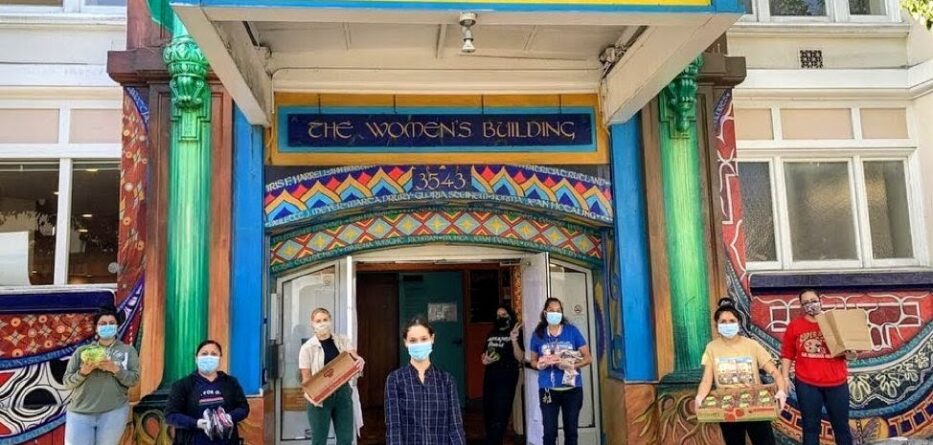SAN FRANCISCO — Worldwide, only 65% of women have a bank account, compared with 72% for men, so as we celebrate National Businesswoman’s Week later this month, community development financial institutions are working to even the playing field.
Many of those institutions specialize in making loans to under-banked groups.
Ebony Perkins, director of investor relations for Self-Help Credit Union, said her organization has loaned $3.25 billion dollars to women over the past 40 years. And 43% of the Payback Protection Program dollars they distributed went to companies run by women of color.
“Our mission is to provide economic opportunity for all people,” Perkins stated. “And historically in America, women have been underserved and kept out of the financial conversations.”
According to the International Finance Corporation, there is a financing gap of $300 billion dollars for formal, female-owned small businesses. In addition, financial services are limited or out of reach for more than 70% of female-owned companies.
Nuray Ozbay, investment associate for Self Help Federal Credit Union in San Francisco, said her division lent almost $410 million to 17,000 women in California since 2008. She pointed out that some women can have a hard time qualifying for a loan.
“Women’s ownership of land or home or that type of asset is lower than men,” Ozbay explained. “Hence, they have larger barriers in access to lending.”
Malea Chavez, executive director of the Women’s Building, a nonprofit in San Francisco which helps women get ahead, said during the pandemic, women took on the bulk of the caregiving, which kept millions out of the workforce.
“It’s much more challenging for them to prove their working records, to have access to credit, to be able to qualify for loans, to be able to start a business,” Chavez outlined. “All of those things are just more challenging because they have less access to the experience that’s needed to qualify.”
Many community development financial institutions provide free counseling to help clients take charge of their financial future.






